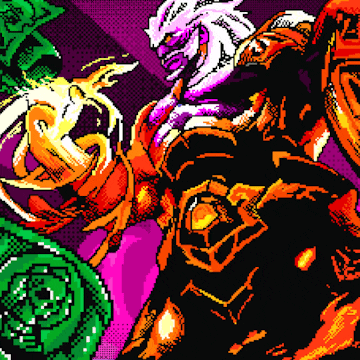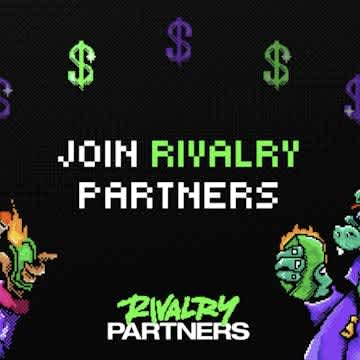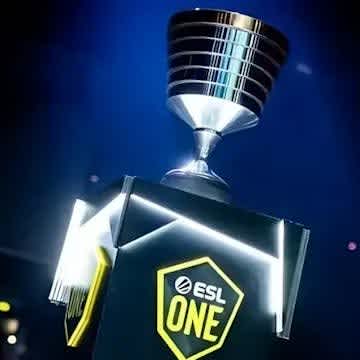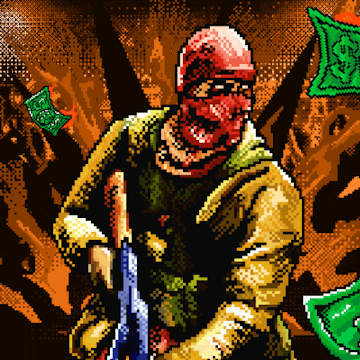What does LUL mean?
After seeing this phrase all over Twitch, Twitter and seemingly every other gaming focused YouTube video, we thought answering the "what does LUL mean?" question may help a few of you out there. As one of the most popular Twitch emotes, LUL is one of the most important emoticons to understand if you want to get your meme game right.
Where does LUL come from?
LUL is a Twitch emote which is generally used as an alterative to “lol”, signifying laughter. The emote features the face of the late video game reviewer John Bain AKA TotalBiscuit. The original photo was taken in 2013 at MLG Anaheim by Jonathan Tayag, which Bain then used as a subscriber-exclusive emote on his Twitch channel with the “cynicallaugh” keyword in 2014. Shortly thereafter, he received a DMCA takedown notice from the photographer, who stated that he’s OK with the usage of the picture but not as a paid perk. Later down the line, TotalBiscuit would replace the emote with a drawn version and the original image eventually ended up on the BetterTwitchTV plugin, where it caught fire as a custom emote. In 2017, Twitch added “lul” to its list of global emotes, slightly altered in order to avoid copyright issues.
What is LUL?
Further variations emerged over time, the first being LULW, a zoomed-in and tilted version of the image, which, like KEKW and other -W suffix emotes, features an exaggerated closeup of Bain’s face, derived from the same image. There’s also OMEGALUL and its many iterations, a purposefully distorted version of the image where TB’s mouth is expanded to such size that it encompasses most of his face. Needless to say, Twitch being Twitch, many other emotes exist which take this concept to even more comical extremes, but they haven’t reached the same level of popularity.




